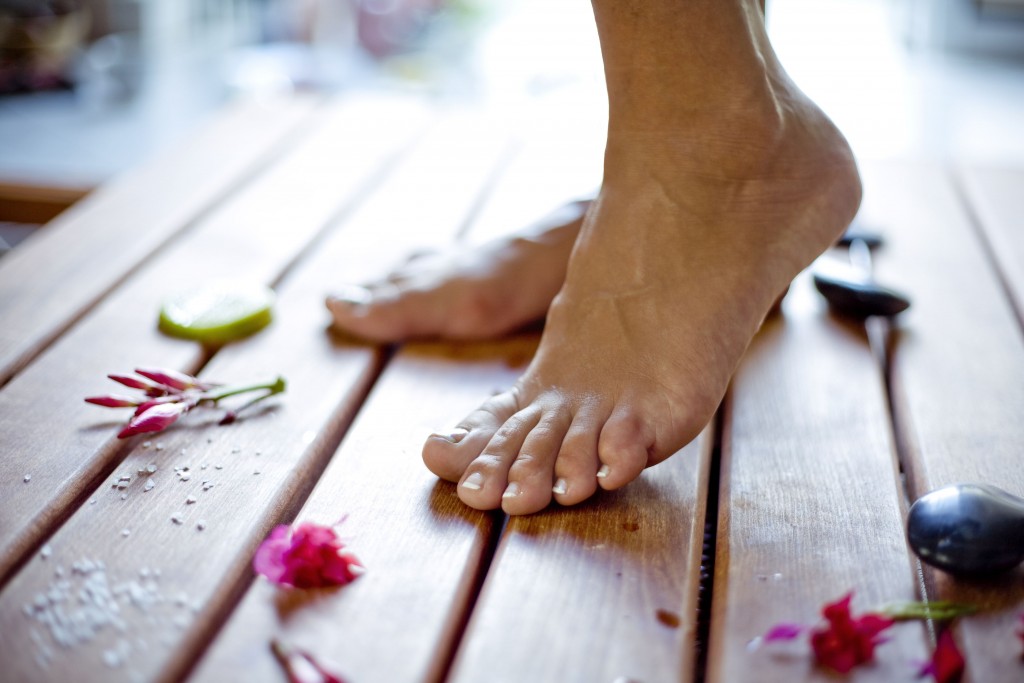Medically Reviewed by Dr. Rachel N. Verville
June 27, 2016
 When you start running, an injury may not register until the rush of endorphins has worn off and you’re cooling down. Sometimes you may not realize how severe an injury is until you have trouble finishing your normal run.
When you start running, an injury may not register until the rush of endorphins has worn off and you’re cooling down. Sometimes you may not realize how severe an injury is until you have trouble finishing your normal run.
Runners can develop painful problems because of the constant strain and impact of feet on the road. Depending on the terrain and climate, some runners are even prone to slipping and sustaining traumatic injuries without the proper preparation.
Before you head out for a run, look for signs of common injuries to avoid more severe problems from developing.
Achilles Tendonitis
Your Achilles tendon attaches the calf muscles to the back of your heal. When you run often, you risk irritating this tendon and causing it to tighten painfully.
Fortunately, by pacing yourself and conditioning your body slowly, you can avoid this injury. The worst thing you can do is increase your training before your body can handle it and continue running through the pain.
If you start to notice pain in your calf muscles, decrease the intensity or length of your run. Although it’s tempting to push yourself, it can ultimately take months for this injury to heal.
Plantar Fasciitis
Straining the ligaments and tendons causes one of the most frequent running injuries: plantar fasciitis. An inflammation of the soft tissue in the feet, plantar fasciitis causes many patients to seek treatment at my Plano office.
The first sign of this problem is aching or bruising on your arch or heel. You can avoid this problem by wearing shoes that offer the right support when you’re standing, walking, or running.
If plantar fasciitis has already progressed, then it can take up to a year to heal completely. Continuing to run will only delay healing and may cause additional strain.
Stress Fracture
A stress fracture gradually builds up and can keep you from running for two to four months, depending on the severity. To get back to running, you’ll need to spend time resting your feet, but can maintain strength by swimming or exercising in a pool.
I tell my patients that a stress fracture usually comes on suddenly but will occur if you train too hard or start up a routine that your body can’t handle. To prevent this injury you should not overdo it when starting out and rest when you start to feel any pain.
To prevent or treat a running injury, contact Plano Running Podiatrist, Dr. Verville’s office at (214) 385-8822 to schedule a consultation.












